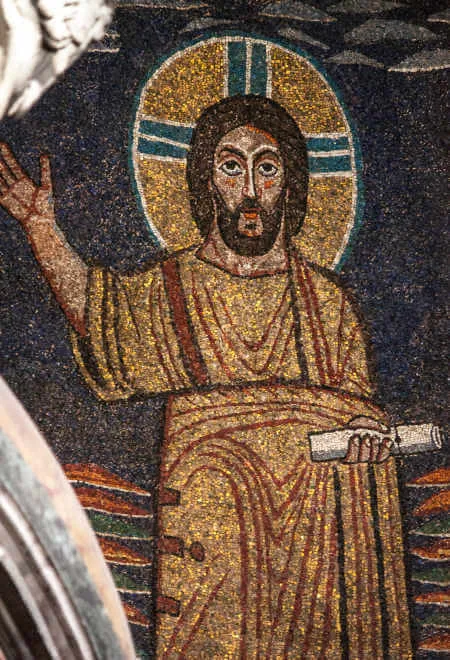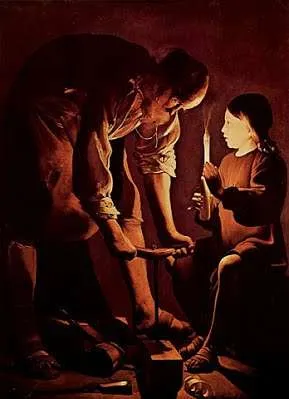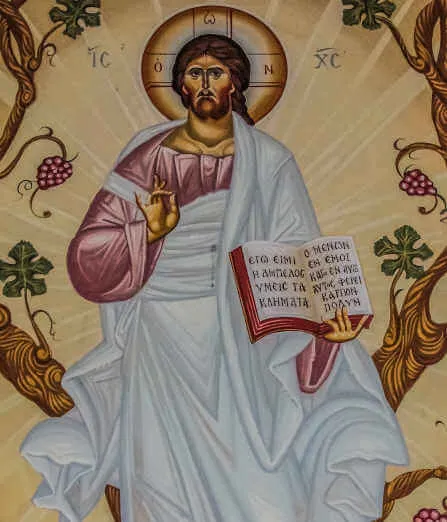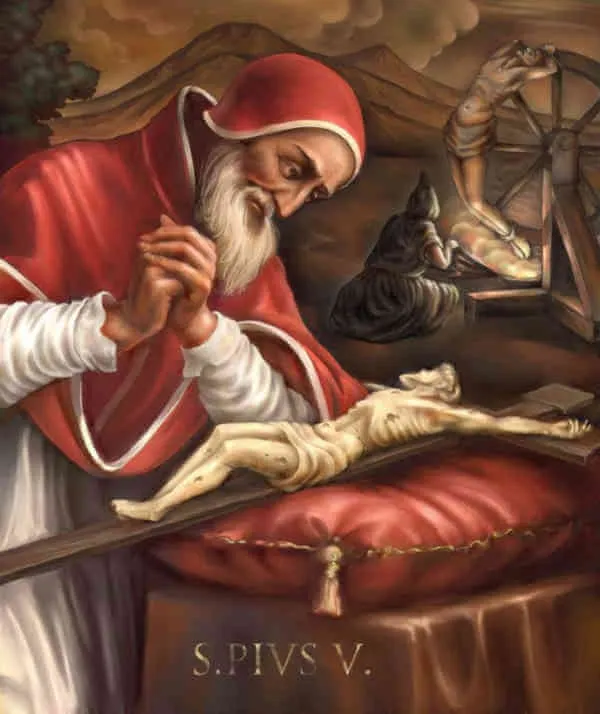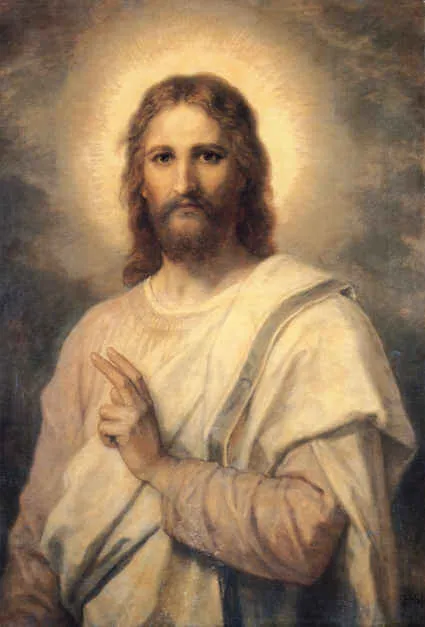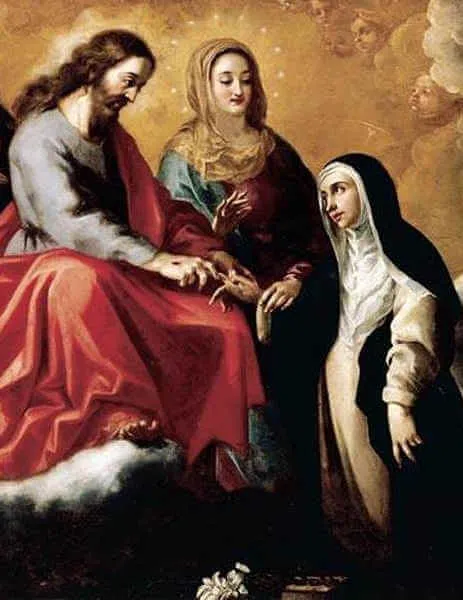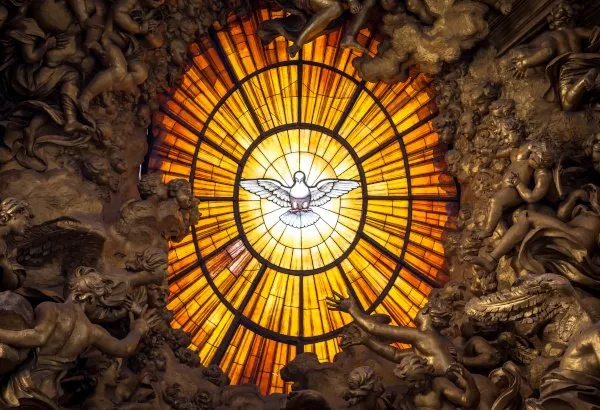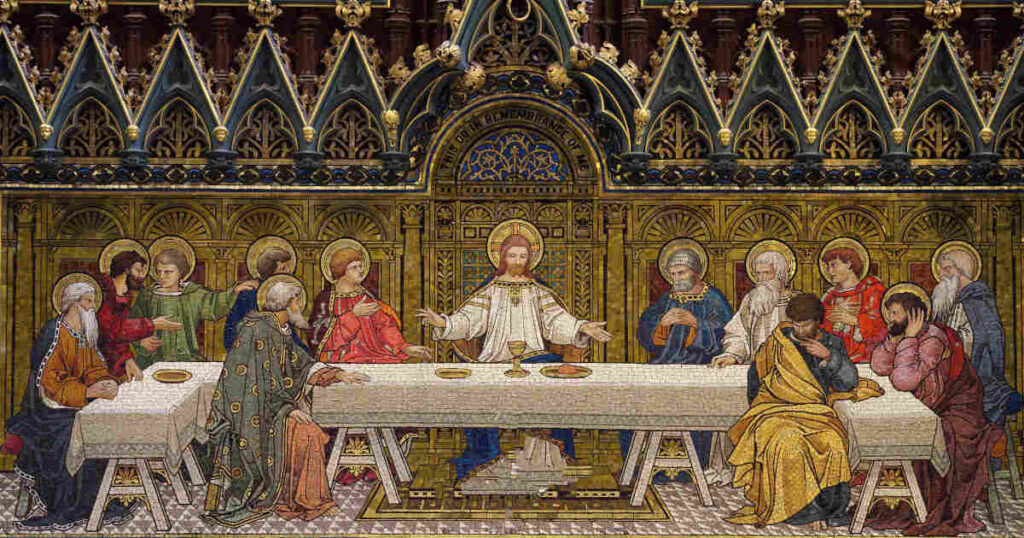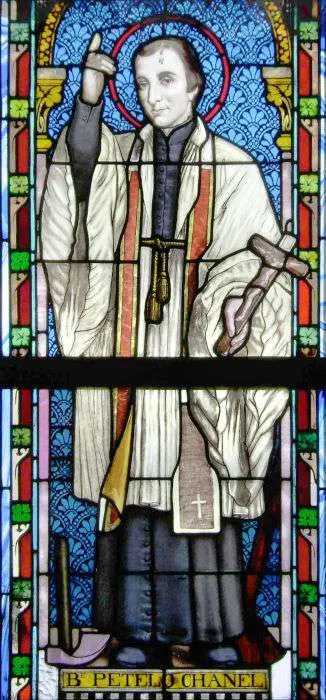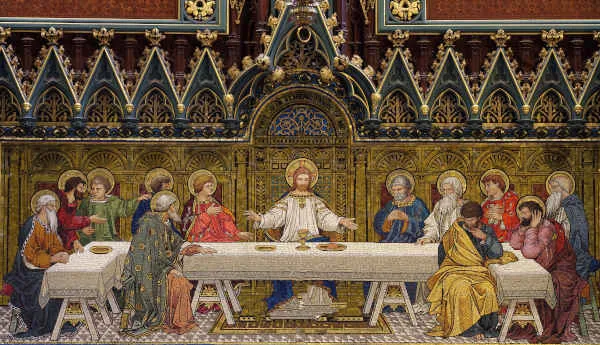Today’s saint, Saint Pierre Louis Marie Chanel (Peter), was the fifth of eight children. Peter’s father was later described as a good man, but also a man “more inclined to the bottle than to religion.” Peter’s uneducated mother was a strong Christian. As a youth, Peter worked as a shepherd on their sixty-five acre family farm. Their land had recently belonged to the Church but was confiscated by the state at the beginning of the French Revolution and sold to Peter’s father. Aware of this fact, Peter had a desire to make reparation for his family. By the end of his life he would do so, and more, by laying his life down as a priest-martyr on the tiny, remote, and barbaric island of Futuna, in the Pacific Ocean, Oceania.
In the neighboring village of Cras, the parish priest, Father Jean-Marie Trompier, ran a small school for boys that Peter entered. Father Trompier taught the boys throughout the day as he went about his own duties of visiting the sick, celebrating Mass, doing chores, and conversing at meals. Father Trompier had a profound effect upon Peter, instilling in him a desire for both the priesthood and the life of a foreign missionary. When Peter was about sixteen, he was sent to the diocesan minor seminary in Lyons and later to the major seminary in Brou. On July 15, 1827, Peter was ordained a diocesan priest at the age of twenty-four.
Father Peter was first assigned as an assistant parish priest in the town of Ambérieu. Only a few of his sermons from that assignment remain, but they show him to be a zealous and devoted preacher who carefully prepared his sermons. After a year, Father Peter approached the bishop about going on a foreign mission. Instead, the bishop assigned him to a remote parish as pastor, near the Swiss border, in the town of Crozet. The parish in Crozet was in need. Mass attendance was low, and the previous priest had left in frustration. Father Peter spent three years showing great devotion to the sick, preaching with zeal, and organizing Eucharistic processions. By the time of his departure, he had won the hearts of the people and revived the struggling parish.
Though Father Peter was an excellent parish priest, his heart was drawn to the missions. After serving in Crozet for three years, he sought and obtained permission to enter the Society of Mary (Marists). The Marists were a newly formed order whose mission was to live as Mary had—hidden, humble, and simple. Among their charisms was to be missionaries to remote and hidden lands, especially in Oceania.
Although he had hoped to be sent on mission, Father Peter spent the next five years in the minor seminary in Belley where he taught twelve-year-old boys before becoming the spiritual director and bursar. Two years later, he was made Vice-Superior and in 1833 traveled to Rome to assist the community’s founder in gaining final approval for the society. On February 10, 1836, the Marists were approved by Pope Gregory XVI as a Religious Congregation of the universal Church and given the responsibility of evangelizing the peoples of Western Oceania. At the age of thirty-three, Father Peter’s childhood desire came true when he was appointed as superior of a group of seven Marists (four priests and three brothers) and a newly ordained bishop who set out on a ten-month voyage by ship to Oceania. The journey was a brutal one, so much so that one of the priests died of illness along the way.
The group set sail from the port of La Havre, France, on December 24, 1836, and sailed to the Canary Islands; then south around Cape Horn to Valparaíso, Chile; west to the Gambier Islands; then to Fiji, Tongo; and eventually arrived at the small island of Futuna on November 12, 1837. Father Peter and Brother Marie-Nizier Delorme were chosen to disembark on that island.
Futuna and its neighboring island were small, being only about forty-five square miles between the two of them. The 1,000 inhabitants at the time were farmers and fishermen. The people were organized into smaller tribes who banded together into two larger kingdoms. These two kingdoms frequently went to war with each other, one emerging as the Victors and the others as the Vanquished. They were religious people, appeasing angry gods through pagan rituals and worshiping great spirits who often spoke through the chiefs and pagan priests. In earlier years, they had even practiced cannibalism.
King Niuliki, then of the Victor tribe, at first welcomed these visitors warmly. He fed them, invited them into his home, and kept them safe. The first year on the island bore the fruit of only about ten baptisms, mostly children who were dying. The missionaries worked tirelessly at learning the local language. Additionally, they offered Mass openly while intrigued islanders looked on, gave them farming tips, and simply showed them kindness, which was a language the Marists understood and appreciated. After a year and a half on the island, another ship carrying Marist missionaries arrived, to the delight of all.
Over the next year, the work of catechesis continued. When the king’s infant son became ill, Father Peter was given permission to baptize him. He hoped this would open the door to more converts, for he knew that if the king were to agree, everyone would be baptized and abandon their pagan rituals that Father Peter saw as demonic. However, by the end of 1840, the king began to turn on Father Peter because more islanders were becoming catechumens. The king feared the loss of his own power, especially his pagan spiritual authority, so he withdrew his kindnesses and started to become hostile toward the Marists and catechumens. When the king heard that all the inhabitants of the nearby island of Wallis were preparing for baptism, he decided something must be done to keep this from happening on his island. The final spark came when the king’s own son, Meitala, became a catechumen. On April 27, 1841, the king had a long talk with his son, trying to convince him to change his mind. His son refused, so King Niuliki called his son-in-law Musumusu and instructed him to kill both the catechumens and the missionaries. The next day, after unsuccessfully trying to kill the catechumens, Musumusu and some companions went to where Father Peter was staying. First they clubbed Father Peter; then Musumusu delivered a deadly blow to his head with a hatchet. But this brutal end was only the beginning of great things to come.
Soon after, the king regretted what he had done. Many of the islanders who had grown fond of Father Peter mourned his death. This mourning and regret was turned into joy when, over the next few years, all of the inhabitants were baptized. War between the two tribes eventually ceased and peace was established. Today, those islands live their Catholic faith well and rejoice in their martyr who did more for them in death than in life.
As we honor Saint Peter Chanel, ponder the mysterious fact that the Father uses suffering and death for His glory and the salvation of souls when that suffering and death are offered to Him, sacrificially, in union with the death of His divine Son. Ponder the incredible power of God who is able to bring good from evil, and salvation from death itself. Unite your own sufferings to Christ, and know that God wants the unyielding gift of the sacrifice of your life to be given to Him for His glory and for the salvation of souls.
Source: https://mycatholic.life/saints/saints-of-the-liturgical-year/april-28-saint-peter-chanel-priest-and-martyr/


